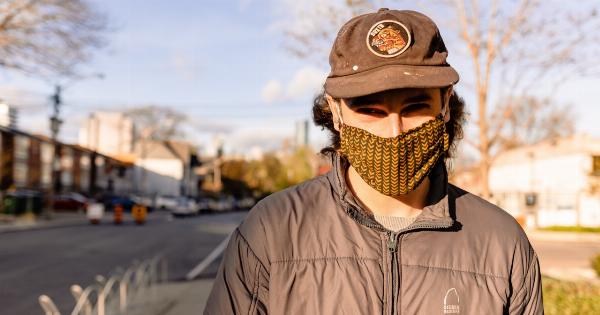Hair loss can be a source of frustration and embarrassment for many people, but thankfully, there are several solutions available to fight hair loss. One of the most effective options to restore hair growth is a hair transplant.
In this comprehensive guide, we will discuss everything you need to know about hair transplant surgery, including the different techniques used, how to prepare for the procedure, and what to expect during the recovery period.
What is a Hair Transplant?
A hair transplant is a surgical procedure that involves taking hair from areas of thick growth on the scalp, such as the sides and back of the head, and transplanting them to areas with thinning or no hair.
There are two main types of hair transplant techniques:.
Follicular Unit Transplantation (FUT)
Also known as “strip harvesting,” FUT involves removing a strip of skin from the donor area, which is then dissected under a microscope to create individual hair follicles. These follicles are then grafted onto the recipient area.
The main advantage of FUT is that it can harvest a large number of hair follicles at once. However, it can leave a linear scar at the donor site, which can be noticeable if the surrounding hair is short.
Follicular Unit Extraction (FUE)
In FUE, individual hair follicles are extracted directly from the donor area using a tiny punch tool. This technique does not require a strip of skin to be removed, thus leaving minimal scarring.
The disadvantage of FUE is that it may be more time-consuming and expensive than FUT since it requires individual follicle extraction.
How to Prepare for a Hair Transplant Surgery?
If you decide to undergo a hair transplant, you will need to take certain steps to prepare for the surgery:.
Consultation with a Surgeon
The first step is to schedule a consultation with a licensed and experienced hair transplant surgeon. During the consultation, the surgeon will evaluate your hair loss pattern and discuss which transplant technique is best for you.
Stop Smoking
Smoking can negatively impact wound healing, so it is essential to quit smoking at least two weeks before the procedure.
Avoid Supplements and Medications
Certain medications and supplements can increase the risk of bleeding or interfere with anesthesia during the surgery. Thus, you should avoid any blood-thinning medications or supplements, such as aspirin, for at least two weeks before the procedure.
Arrange Transportation
Since hair transplant surgery is performed under local anesthesia (with or without sedation), you can go home on the same day. However, it may be helpful to arrange for someone to drive you home after the procedure, especially if you received sedation.
What to Expect During the Hair Transplant Procedure?
The hair transplant procedure typically takes several hours to complete. Here is what you can expect during the surgery:.
Administration of Anesthesia
The surgeon will administer local anesthesia to the donor and recipient areas of the scalp. Depending on the patient’s preference, sedation may be given to help you relax during the procedure.
Harvesting of Hair Follicles
The surgeon will harvest hair follicles from the donor area using either FUT or FUE technique.
Graft Placement
The surgeon will create small incisions on the recipient area and insert the hair follicles into the incisions carefully.
What is the Recovery Period Like?
After the hair transplant procedure, you may experience some temporary side effects such as:.
- Pain or discomfort at the donor and recipient areas (for the first few days)
- Swelling or bruising in the scalp (may last a couple of weeks)
- Scabbing or crusting in the recipient area (for the first week)
- Minor shedding of the transplanted hair (within the first month)
Most of these side effects will subside within a week or two of the surgery. In some cases, it may take up to several months for the transplanted hair follicles to start growing.
How Much Does a Hair Transplant Cost?
The cost of a hair transplant varies depending on several factors, such as:.
- The number of hair follicles needed for transplantation
- The surgeon’s experience and reputation
- The location and amenities of the clinic
- The chosen transplantation technique (FUT or FUE)
In general, the price for hair transplantation is between $4,000 and $15,000. Insurance usually does not cover elective hair transplant surgery, so patients should expect to outlive the cost of the procedure on their own.
Conclusion
A hair transplant can be an effective solution for hair loss, giving you back a fuller head of hair and boosting confidence. However, it is important to understand the procedure and the possible risks before making the decision to undergo the surgery.
Consult with an experienced hair transplant surgeon and take all necessary steps to prepare for the procedure.


























